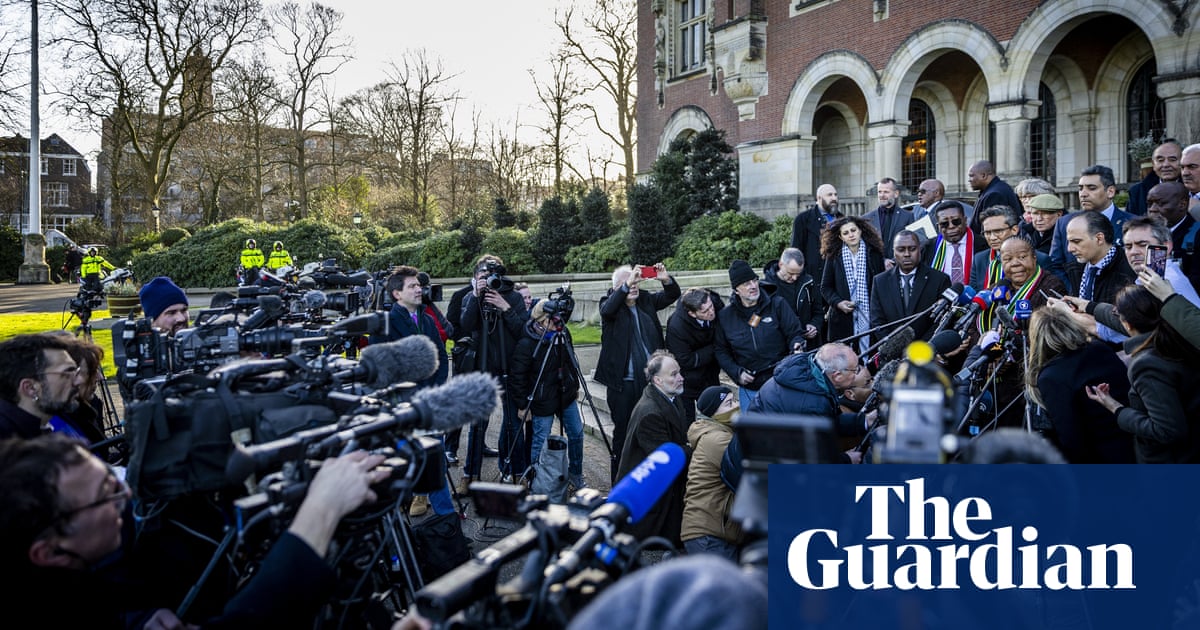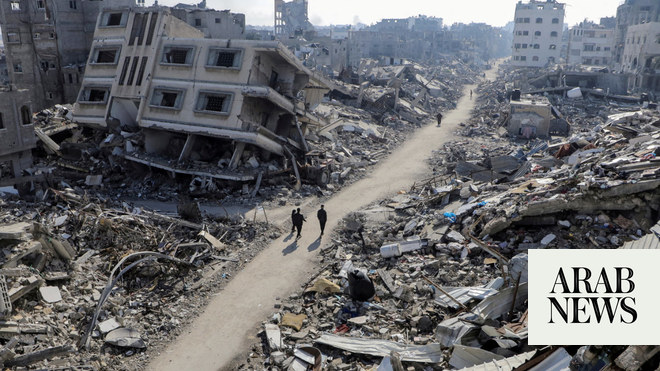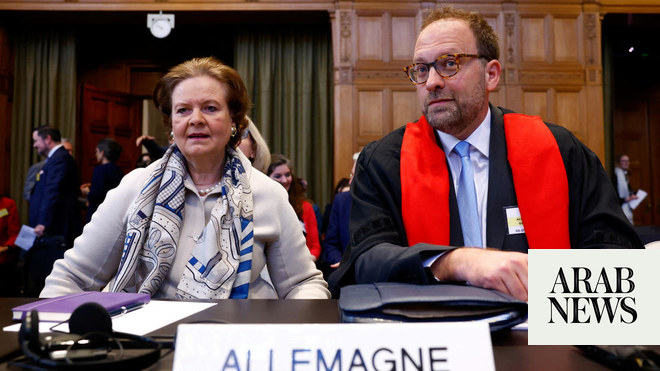
The United Nations human rights chief accused on Wednesday Myanmar authorities of deliberately attempting to “destroy evidence of potential international crimes, including possible crimes against humanity.”
Zeid Raad al-Hussein said that he strongly suspected that "acts of genocide" may have taken place against Muslim Rohingyas in Myanmars northern Rakhine state since August.
Speaking before the UN Human Rights Council, Zeid noted that his office said on Tuesday that it believes ethnic cleansing is still underway in Rakhine state.
Nearly 700,000 Rohingya have fled Rakhine into Bangladesh since insurgent attacks sparked a security crackdown in August, joining 200,000 refugees from a previous exodus.
Rohingya are still fleeing because of "systematic" if lower-intensity persecution and violence there, Zeid said.
"Victims have reported killings, rape, torture and abductions by the security forces and local militia, as well as apparently deliberate attempts to force the Rohingya to leave the area through starvation, with officials blocking their access to crops and food supplies," he told the Geneva forum.
There was no immediate comment by the Myanmar government. In the Council, its delegation is allowed to respond on Thursday.
Zeid’s office had received reports of land inhabited by Rohingya being appropriated and members of other ethnic groups replacing them.
"A recent announcement that seven soldiers and three police officers will be brought to justice for the alleged extra-judicial killing of ten Rohingya men is grossly insufficient," he added.
Myanmars government must take steps to provide real accountability for violations and respect the rights of Rohingya, including to citizenship, Zeid said.
A fact-finding mission set up by the Council, headed by former Indonesian Attorney-General Marzuki Darusman, is due to report on its initial findings on Monday after interviewing victims and survivors in Bangladesh and other countries.
Pending their final report, the UN General Assembly should establish a new independent mechanism to expedite criminal proceedings in courts against those responsible, Zeid said.
In Bangladesh meanwhile, a cabinet accused Myanmar of obstructing efforts to repatriate the hundreds of thousands of Rohingya refugees there.
Finance minister A.M.A Muhith said it was unlikely the displaced Muslims would ever return to their homeland.
The repatriation deal signed between Myanmar and Bangladesh in November would likely fail despite his governments official stance that the refugees must eventually go back, he continued.
"I do not believe the Rohingya can be sent back," Muhith, an outspoken minister from the ruling party, told reporters late Tuesday in Dhaka after meeting with a British charity.
"You can speculate that very few will return to Burma. The first reason is that Burma will only take a few and secondly is that the refugees will never return if they fear persecution," he added, using another name for Myanmar.
Bangladesh insists the repatriation process will go ahead, last month submitting to Myanmar the names of 8,000 refugees expected to return to Rakhine state.
But the plan has courted controversy from the outset.
Rights groups and the UN have warned that conditions for their return are not close to being in place.
Refugees living in camps in southeastern Bangladesh have also resisted the idea, fearing they will not be safe if they return to Rakhine.
Under the agreement, the first of a proposed 750,000 returnees were scheduled to begin crossing the border in late January.
But the process stalled, with Myanmar and Bangladesh blaming the other for a lack of preparedness for the huge undertaking.
Muhith said Myanmar would "take 15 a day when there is one million", referring to the Rohingya in camps strung along the border.
"They (Myanmar) are absolute evil," he added.












